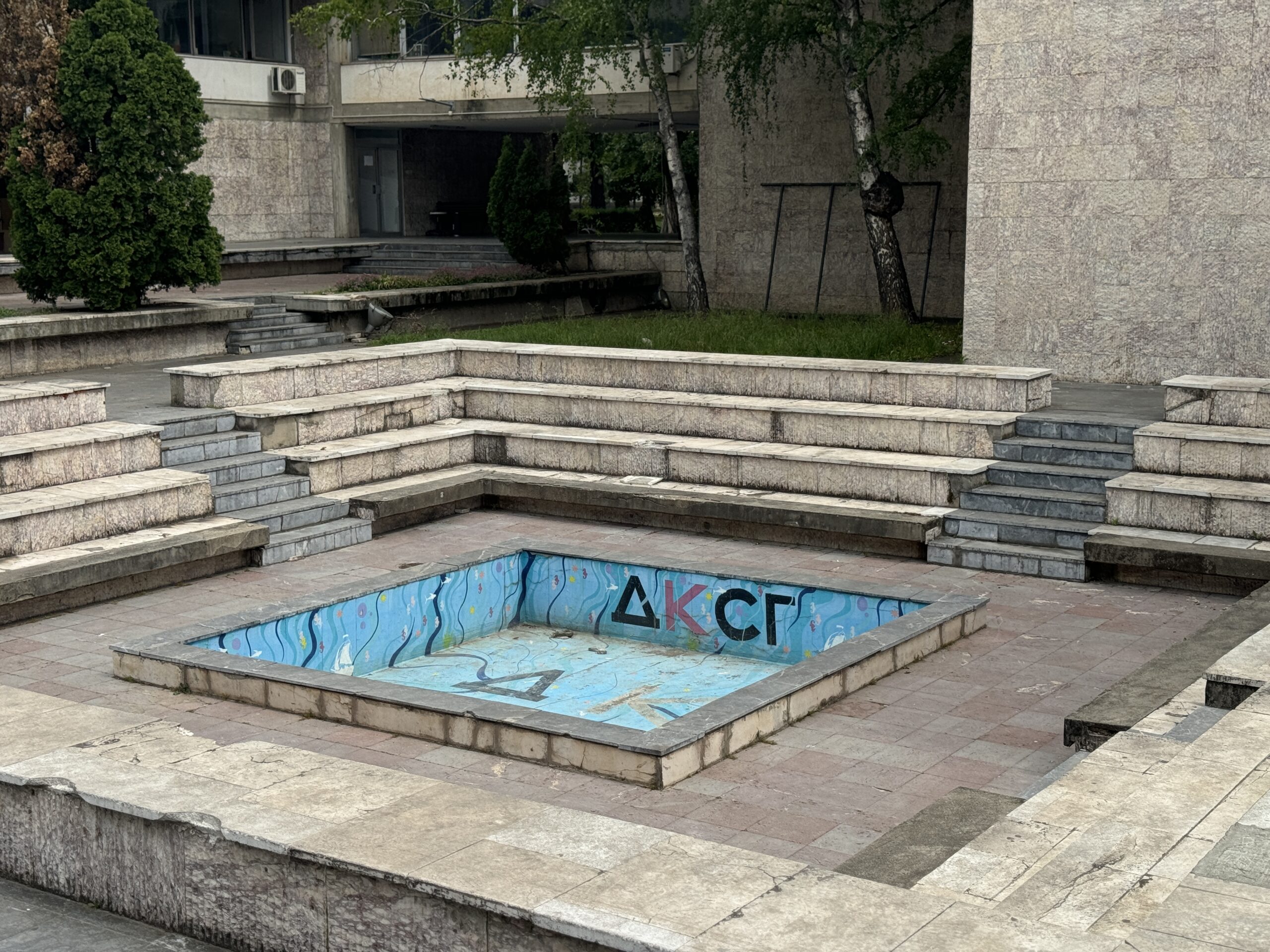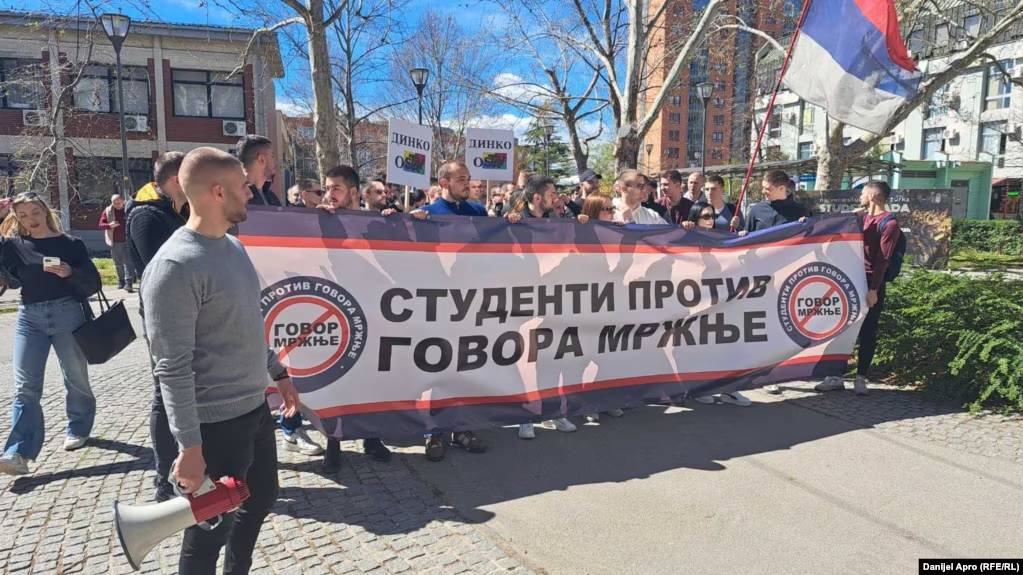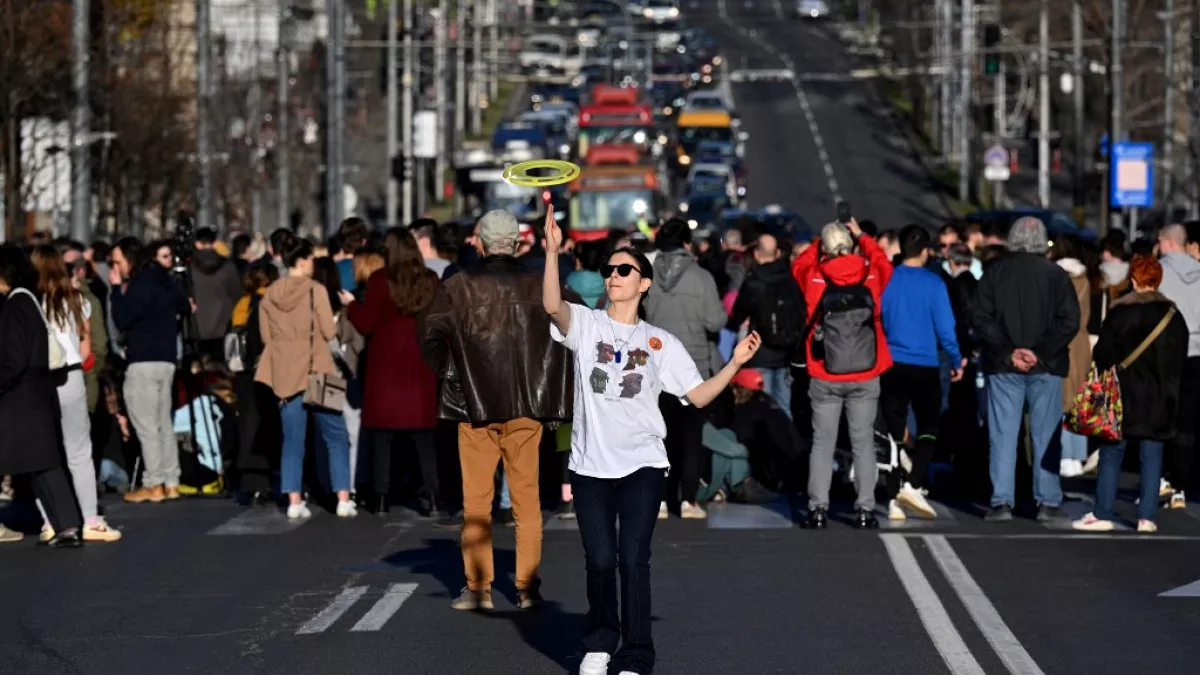What do you do when there’s a shortage of student accommodation?
We tend to go on a lot about the role that students can play in solving problems for each other – and probably the most extreme example of that that we’ve come across can be found in Belgrade in Serbia.
Back in the 1940s being a student was pretty tough, with major housing shortages – and so in 1947 some swamp land was identified just to the north of the city on which 4,500 bedspaces were to be constructed. By students themselves.
Just a year later the first completed dorm of the project officially housed 1,000 students (sharing just 8 showers), and the idea was that students would share rooms to improve integration – two Yugoslavian students tended to be roomed up with an international student.
But right from the start the complex was filled to capacity and frequently overcrowded, with rooms initially designed for three beds often accommodating a fourth – an issue exacerbated by the ongoing issue of “illegals” who stayed in the dormitories without official permission.

In that first decade the “Student City” became a central hub for student solidarity and the sharing of experiences and opinions, associations and clubs between students from both across the country and the world – something that’s increasingly missing from the UK student living experience. It also became a place to capture the revolutionary spirit of the age.
In June 1968, protesting the accommodation shortage, the lack of voice in university structures and President Tito’s reforms (that had led to high unemployment and forced graduates to leave the country and find work elsewhere), students gathered at Block 1 to stage the first mass protest in Yugoslavia after World War II.
Police beat the students and banned all public gatherings, but students then went into a seven-day strike – staging debates and speeches on social justice, and handing out copies of their banned magazines.
Tito’s only option was to give in to some of the students’ demands – famously saying that “students are right” during a televised speech. But in the following years, he dealt with the leaders of the protests by sacking them from university and Communist party posts.

Today it houses a dazzling array of helpful stuff – there’s an Institute for Student Health Care, a library with a collection of 50,000 books, a student cultural center, bookable classrooms and study space, cultural and artistic societies, media facilities, sports clubs and facilities, a dedicated amphitheatre and even a minigolf course.
And because there’s still a housing shortage, there are plans to build another one – although this time it’s not anticipated that students will have to lay the bricks and operate the cranes.
What goes on tour
It’s one of the extraordinary places that we’ve been mooching around on Day 0 of the Wonkhe SUs spring study tour to the Balkans and Austria. Tomorrow student leaders and SU staff from across the UK will meet in Zagreb in Croatia to begin a three day tour of students’ unions, associations and guilds to learn about democracy, representation and student activities – but we snuck in a day’s extra travelling to soak up as much as possible from the experience.
Beyond the 60s and 70s, students have continued to play a huge role in the country’s politics. In the winter of 1996, students initiated a series of peaceful protests against electoral fraud by President Slobodan Milošević’s Socialist Party – and demanded the replacement of the management at the University of Belgrade and the restoration of university autonomy away from Milošević’s control.
And protests continue today – in December 2023 just under 1,000 students blocked traffic on a major street housing government headquarters, following the declaration of victory for the governing populists in both parliamentary and local council elections, amid widespread allegations of electoral misconduct.
That sounds like a lot of students, but in context the University of Belgrade is huge – there’s over 90,000 students enrolled into 31 faculties, each of which has its own Student Parliament, established under the Law on Student Organizations – which the Serbian Union of Students and SKONUS (the Student Conference of Serbian Universities) worked to establish throughout the 2010s.
Students have the legal right to form and participate in student representative bodies and organisations that protect their interests and rights in higher education institutions, have a defined role in governance through their participation in the management bodies of these institutions, and can initiate changes in regulations and decisions that impact their academic and social conditions.
That’s done partly through the role of student vice-rector – appointed by the Student Parliament – who works alongside other university managers to contribute a student perspective to enhance education standards and address student needs effectively.
Sad times
It’s not just in the capital where student representation and activism has an impact. On our way to Croatia we called in at Serbia’s second city Novi Sad, where just last month a protest demanding the dismissal of a professor over accusations of hate speech erupted.
The protesters accused the academic of glorifying the commander of the Jasenovac camp – during World War II, tens of thousands of Serbs, Jews, Roma, and anti-fascist Croats were killed at the camp, run by Croatia’s Nazi-allied Ustase regime.

The university argued that the video had been edited and the comments had been taken out of context, arguing both in favour of the academic’s academic freedom and that the protests had denied others’ rights to work and study.
As well as student activism and representation, there’s bodies for student basic needs too. In Novi Sad the “Student House” was first established by the People’s Committee of the city in 1954, and today carries out work on behalf of the Serbian Government to distribute and organise student subsidies for food and accommodation.
And the Law on Higher Education also ensures all students – whether at public or private institutions – receive subsidised transport both within and between cities, to reduce the financial burden on students and facilitate their education.
It’s tempting to gaze at the Soviet concrete and feel smug – but just under the surface, add it all up, and the average month’s rent in a dorm is about £58, which the state contributes £50 of – with a similar split on food. This way of student living feels basic – but in reality it’s significantly more social, and both mentally and nutritionally more healthy than we see in the UK.
More tomorrow from Zagreb, when we’ll be joining delegate officers and staff from SUs and getting on our bus.





















